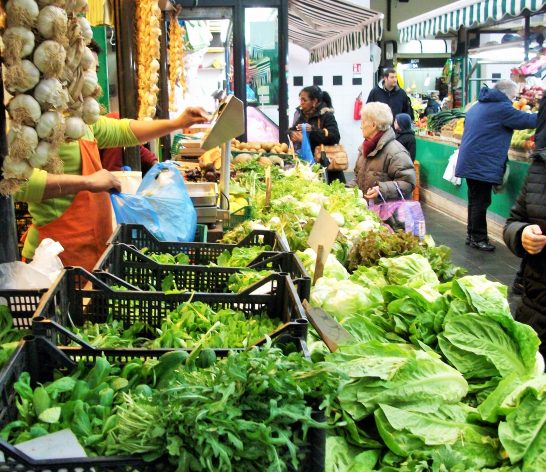Most quarters agree that agriculture and food systems urgently need to change to make progress on several Sustainable Development Goals (SDGs) while staying within planetary boundaries. However, two narratives dominate the discussion: incremental steps to improve efficiency in conventional agriculture while reducing negative externalities, versus transformative redesign of farming systems based on agroecological principles. The SDGs offer an opportunity to reconcile these divisions by focusing on the sustainability contributions of different farming approaches and the policies that help to accelerate the required transition.
While UN institutions are recognizing the role of agroecology as a science, a practice and a social movement that contributes to making agriculture and food systems more sustainable, the pace of agricultural reforms is insufficient for meeting the SDGs by 2030. Only if governments ensure that policies are coherently aligned with the SDGs will agriculture become part of the solution instead of being part of the problem. Eleven international experts recommend four groups of policy interventions as an effective strategy to achieve policy coherence to enable the transition.
Upscaling the area covered under transformative systems such as organic agriculture. Economic incentives and technical advice are crucial to enhance adoption by farmers. The performance of these systems should be improved further, particularly in terms of yields, water management
Fostering the demand of sustainable food products can be done through two main mechanisms: (i) raising consumer awareness on the linkages between agriculture, environment, health and social wellbeing, and (ii) enhancing the commitment of retailers and caterers to offer such products.
Incentivizing improvements in mainstream systems. Practices that contribute to the SDGs should be incentivized, and unsustainable practices should be disincentivized. Full-cost accounting that incorporates the value of ecosystem services and external costs of farming into economic decision-making represents one way to provide conceptual guidance in such a policy reform.
Raising legal requirements and industry norms. Command-and-control approaches that rule out particularly unsustainable practices, such as using highly hazardous pesticides or clearing primary forests, are pragmatic policy instruments and serve to implement the precautionary principle. Where governments are reluctant to raise legal requirements, key market players should agree to adhere to minimum requirements.
The experts stress that successful implementation of a reformed and supportive policy context depends on societal debates and social movements that apply pressure to governments and institutions. A shift away from animal products towards plant-based diets in industrialized and emerging economies and a reduction in food waste would reduce the overall footprint of the food system. Governments should only support agriculture and food systems that deliver on the SDGs (in line with “public funds for public goods”). Transcending ideological barriers and vested interests while
https://www.ifoam.bio/en/news/2019/04/10/organic-farming-drives-sustainability-global-agriculture
- Third World Network




